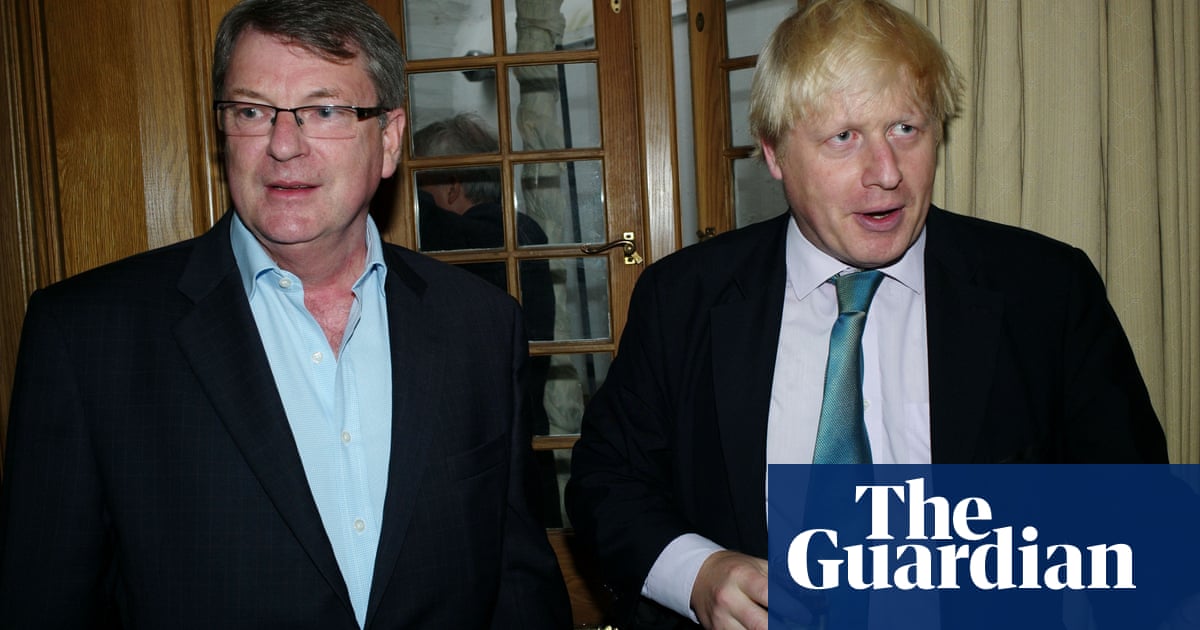
Boris Johnson is expected to hold crunch talks with senior cabinet ministers this week to resolve fractious talks over plans to tackle rising bills and boost the country’s energy security.
The government’s energy strategy has been delayed by cabinet splits over onshore wind, funding for nuclear energy and the role fracking should play given spiralling energy prices and the Ukraine invasion.
It is understood that major disagreements still remain between the prime minister, chancellor Rishi Sunak and Kwasi Kwarteng, the business secretary. The cabinet tensions have only grown since the chancellor’s spring statement last week, which drew criticism for failing to do enough on the cost of living. Sunak now faces pressure from Number 10 to sanction spending on new nuclear power and renewables projects.
Kwarteng’s department is said to be keen on schemes that would boost onshore wind by giving energy bill discounts for those who live near turbines – a scheme that has been run successfully by Octopus Energy. The prime minister is also said to favour accelerating the creation of small modular nuclear reactors (SMRs) produced by Rolls-Royce, but Sunak has been warning about the long-term costs involved in a big expansion of nuclear power.
Voters now regard energy as the second most important issue facing the UK, even ahead of the economy. The latest Opinium poll for the Observer found that 48% of voters flagged it as an important issue, up 17 points from a month ago. Only health and the NHS are greater concerns.
The disputes are rumbling on alongside concerns that some of the help already offered by the chancellor on household bills will not reach vulnerable households. The Observer has been told that more than a million households are set to miss out on one of the main measures. An official assessment of its much-vaunted £150 council tax rebate predicted that 1.3m households won’t receive it.
In its assessment of the spring statement, the Office for Budget Responsibility predicted that a fifth of those who did not pay their council tax by direct debit would not take up the rebate, thereby saving the exchequer £195m. Local councils warned they had not been given the resources to deliver the rebate. The most vulnerable households are more likely to be among those who do not receive the tax cut automatically.
The government has said it is the job of local councils to ensure that those who do not receive the rebate automatically do not miss out. However, the Observer has seen pleas from councils to ministers that they have not been given the resources to help them ensure no one misses out. One council leader said distributing the rebate would cost it “in the region of £450,000, with no government funding to assist”.
Ed Davey, the Lib Dem leader, said: “It is staggering that more than a million families are set to miss out because of this Conservative government’s half-baked plans. Often those who don’t pay council tax by direct debit are older and more deprived, meaning some of these households are likely to be among the most vulnerable in the country.
“People are facing sky-rocketing bills and plummeting living standards, but it looks like even the meagre support on offer from the Conservatives won’t reach those who need it most. Rishi Sunak must confirm that anyone who misses out on the rebate will get their £150 cheque in the post. No one should go without the help they need because of this Conservative government’s incompetence.”
A spokesperson for the Department for Levelling Up, Housing and Communities said: “Direct debit is the quickest and easiest way to pay council tax, and the best way for most people to get the rebate. Councils are responsible for making sure eligible households who don’t pay their council tax by direct debit receive the rebate and we have suggested a range of payment options. With the support of councils, we are confident that all those eligible for a rebate will receive their payments in good time.”












